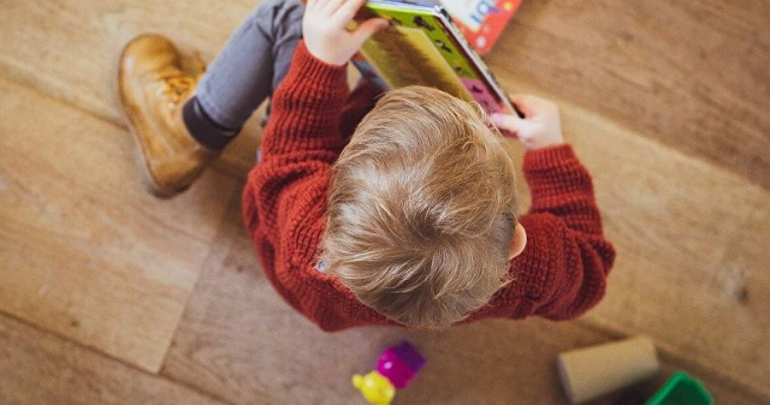Pandemic and lockdown have serious consequences for the emotional and social development of children, and in fact, these consequences can be more serious than those of adults.
The disruption of the regularity of education, physical activities and socialization opportunities, factors that are important for the normal development of children, contribute the most to this. The above points out, citing international bibliographic data, the professor of Psychiatry, director of the XNUMXnd Psychiatric Clinic of the Aristotle University of Thessaloniki, Vassilios-Panteleimon Bozikas.
"Regardless of age, children can show greater dependence on parents, irritability and lack of attention. Parents report that children experience greater uncertainty, fear and isolation, as well as difficulty sleeping. "Younger children (3-6 years old) are more likely to show symptoms of attachment and fear for the health of their family members than older children (6-18 years old)", says Mr. Bozikas, speaking to Athinaikos / Macedonian News Agency.
At the same time, Mr. Bozikas notes that with the opening of the schools, the teachers who will come again in regular daily physical contact with their students, are called to play an important role in promoting the psychological well-being of children. Regarding the psychological support of the children who returned to the classrooms, he states the following:
* Children should be informed regularly about COVID-19 and precautionary behaviors according to their level of maturity. Students should be explained the need to behave responsibly during a pandemic. Teachers must follow precautions (masks, distances) to act as role models for children.
* Teachers can play an important role in promoting the mental health of their students. They can discuss healthy coping strategies (exercise, reading, music, etc.) that need to be provided in order to deal with negative phenomena, such as constant internet use, social media and electronic games.
* Students need to understand the importance of socially beneficial or altruistic behavior and the importance of human virtues such as empathy and patience. Children need to understand their role in society and that the necessary social distancing does not equate to emotional distancing.
* Kindergarten teachers and responsible classroom teachers should contact parents by phone or online to provide feedback on students and their mental health.
* Teachers can identify any effects on the mental health of their students that need more special intervention (eg anxiety, fear, depression, ADHD). In this case, they should discuss any problem with the parents in order for it to be addressed in a timely manner by a mental health professional. Important here is the contribution of the school psychologist. A visit to a child psychiatrist should never be taboo.
* School-based psychologists need to work closely with teachers to provide them with specialized information and advice on the problems that children may face.
* Children who will be quarantined and re-enrolled in distance education need additional support from teachers. The specialized help of a psychologist is especially useful.
* School principals and teachers must pay close attention to children who, due to their socio-economic situation, did not have access to online lessons in order to fill the educational gaps created.
* Of particular importance is the psychological support of teachers who in such conditions undertake the difficult task of caring for and protecting children, while at the same time they are themselves exposed to the risk of infection from COVID-19. School psychologists and social workers can provide this kind of support both individually and in groups using the potential of new technologies.
